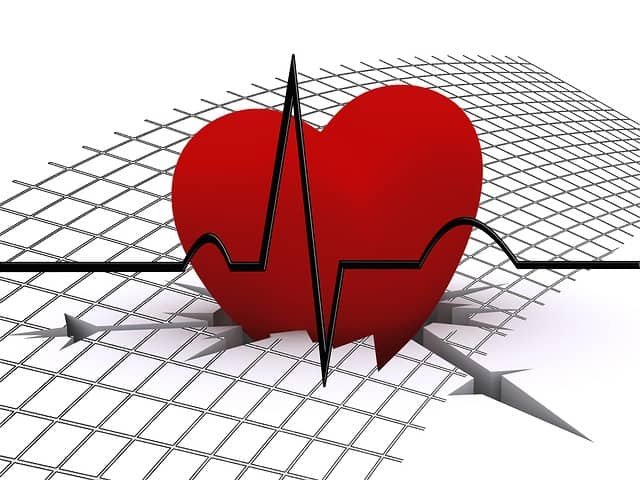Heart Disease: Types, Symptoms, Causes, Prevention
The syntagma `heart disease` refers to any disorder related to the heart, problems or deformities in the heart itself. It is considered to be one of the main causes of death all over the world due to the fact that statistics reveal that one of four deaths in the United States alone happens as a result of heart disease.
What Are The Types of Heart Disease
Various types of heart disease occur in distinct areas of the organ and manifest in different manners depending on the functions they affect.
Congenital heart disease
It is a generic term that refers to a bundle of deformities of the heart that have been identified in the patient`s heart since birth. Septal defects, obstruction defects or cyanotic heart disease are the most encountered types of congenital heart disease.
Arrhythmia
It takes places when electrical impulses in the heart responsible for coordinating the heartbeat do not function properly. This includes tachycardia, a rhythm that is too fast, bradycardia, a rhythm that is too slow, abnormal beats or fibrillation, irregular patterns of the heartbeat.
Coronary artery disease
usually appears due to the plaque deposits on the arteries. Cholesterol is responsible for those build-ups that prevent the heart from receiving the proper amounts of oxygen and nutrients.
Coronary thrombosis
It is a term used for situations in which the heart muscle is damaged by irregular blood flow to the heart. Also, another cause for this type of heart disease is the appearance of a blood clot in one of the coronary arteries or of a sudden spasm that determines the artery to rapidly narrow.
Congestive heart failure
It happens when the heart does not have the ability to pump blood around the body in an effective manner.
What Are The Symptoms of Heart Disease
Even though the symptoms of heart disease are strictly related to the condition it is affected by, there are a couple of common symptoms such as:
- Chest pain
- Breathlessness
- Heart palpitations
Other symptoms of a heart attack can be:
- Intense pain that goes throughout the body.
- An overall sensation of dizziness.
- Intense sweating or vomiting.
For congenital heart disease, other symptoms might occur such as:
- Increased fatigue
- Fast heartbeat or breathing.
- Blue colouring of the skin or clubbed fingernails.
Causes of Heart Disease
Even though some types of heart disease are genetic, the damage to the heart can occur due to a multitude of factors and lifestyle choices. An increased risk of heart disease can happen due to high blood pressure and cholesterol, smoking, obesity or even staying immobile for extended periods of time.
How to Prevent Heart Disease
In order to prevent heart disease, a change in lifestyle is the most important answer. Taking into account the following measures can keep a heart healthy:
- Eating a balanced diet with high-fiber foods and unsaturated fats.
- Exercising at least 30 minutes a day in order to strengthen both the heart and circulatory system.
- Removing harmful habits such as smoking or drinking alcohol.
- Keeping a close eye on the overall health of the body such as high blood pressure or diabetes, as these conditions can affect the heart.
- Getting proper sleep.





